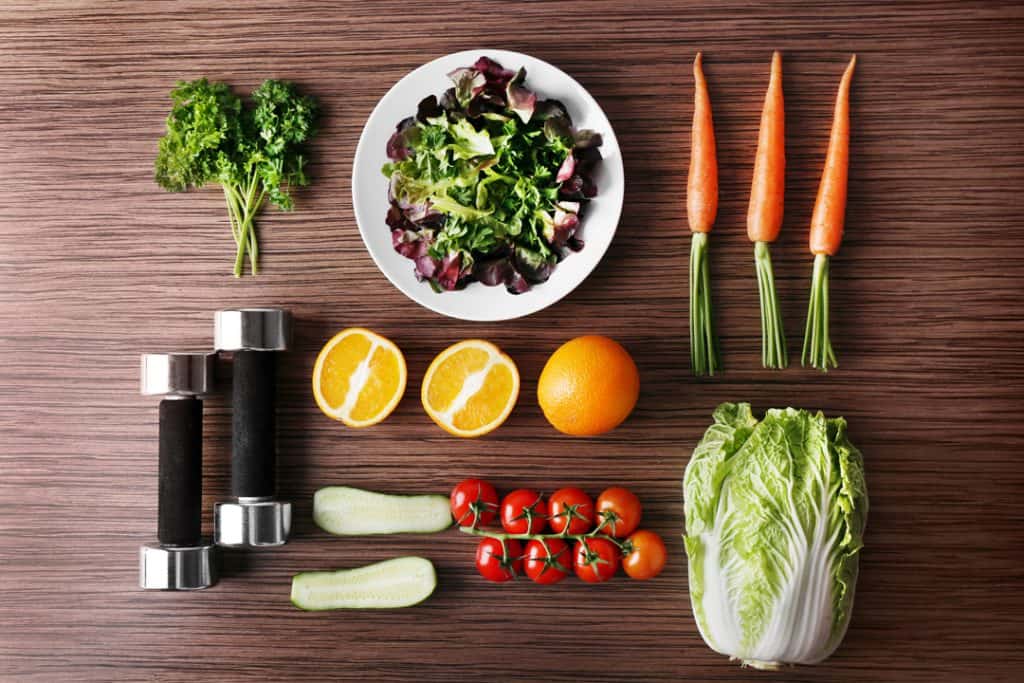
Kuala Lumpur, January 22, 2019 – Premier global nutrition company, Herbalife Nutrition, has released new findings from its Asia Pacific Holiday Eating Survey 2019, conducted with 5,500 respondents across Australia, Hong Kong, Indonesia, Japan, Korea, Malaysia, Philippines, Singapore, Taiwan, Thailand and Vietnam. The survey findings revealed that Chinese New Year, comes right after Ramadan and Hari Raya Puasa as the second most challenging holiday for Malaysian consumers to continue exercising and eating healthily.
“Chinese New Year marks the time when families come together for reunion dinners and celebrate over good food. However, many tend to forget to eat healthily and their fitness goals are kept at bay during this festive season,” said Steven Chin, the General Manager/Director of Herbalife Nutrition Malaysia. “We have uncovered some of the biggest challenges consumers face during Chinese New Year, with the hope of helping them identify their own habits to be able to maintain their health and fitness goals during the festivity.”
As a result of overeating and exercising less around the holidays, Malaysian consumers found themselves gaining an average of 3 kilograms in weight following the Chinese New Year holiday. To lose the weight, 62 percent of Malaysian consumers would eat healthier and 53 percent would make an effort to exercise more once the festivity is over.
Despite the efforts, 15 percent of Malaysian consumers did not manage to lose the weight they gained after the festive season, showing that maintaining healthy lifestyle habits throughout the festive season could be a better way to support long-term well-being.

To aid weight management during Chinese New Year, Herbalife Nutrition recommends:
Summary of Survey Findings
Among all of the major holidays celebrated, Chinese New Year is the holiday season when most of Asia Pacific consumers (91 percent) agree that they tend to feast or consume more food than usual. For countries such as Hong Kong, South Korea, Singapore, Taiwan and Vietnam, Chinese New Year is the most challenging holiday season to eat healthily and continue exercising.
When comparing the holiday eating habits of consumers across Malaysia during Chinese New Year:
While Malaysian consumers are eating more during Chinese New Year, close to half (48 percent) of them said that they felt guilty for eating less healthily during the holidays.
Malaysian consumers also shared that sweet foods such as desserts were the hardest foods to give up during the holiday seasons.
Exercise Takes a Backseat for Malaysian Consumers During Chinese New Year When it comes to exercise, more than half of Malaysian consumers (65 percent) would work out less as Chinese New Year approaches with 55 percent postponing their exercise regime until after the holiday season, which is the highest among all the other major holidays that Malaysians celebrate.